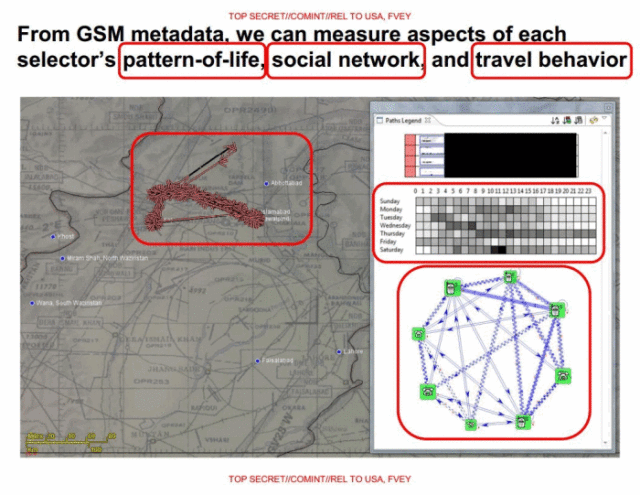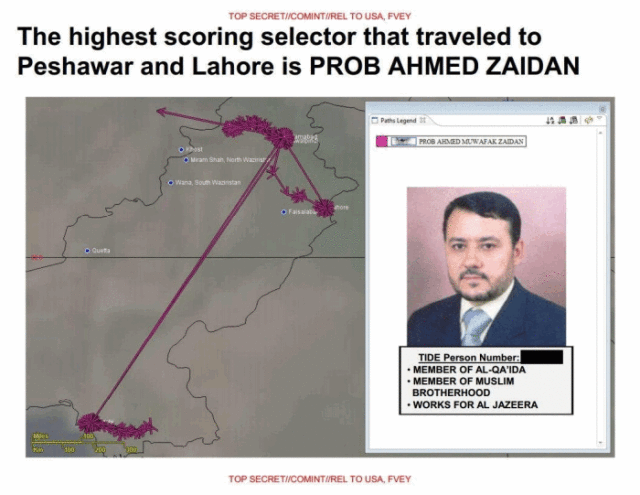"Minding the gap, blind" - Leading vulnerable populations into a data-fostered power disbalance (yet again)?
An interesting piece caught my eye today: a feature published at Ars Technica UK quite sympathetically describes how Bluetooth beacons guide visually impaired (blind and partially sighted) people in the London metro.
The idea is great, no doubt. The author tested the technology and acknowledged how seamless it is to navigate the busy tunnels of the tube with its assistance.
▻https://arstechnica.co.uk/business/2016/10/london-underground-blind-beacons
However, further down I was reading, more upset I felt. The piece names the two companies — WayFindr and UsTwo — developing the technology and links to their respective websites. Then, it goes on interviewing London Underground’s director for operational support who praises the technology and explains that Google.org, Google’s charity arm, has co-funded the project. I went on to check out the two startups, and what I found concerns me.
Or, it’d be more appropriate to say, what I did not find, concerns me. Indeed:
– I found no trace whatsoever of technical specification for an alleged “open standard” developed by WayFindr: ▻https://www.wayfindr.net Amongst the few social networks featured (footer of the website), no GitHub or similar is listed. Moreover, there is no mention whatsoever about how the data WayFindr collects are managed.
– The situation is similar with UsTwo. They have a page labelled ’Legal’ (▻https://ustwo.com/legal), but it contains nothing related to data management, data collection, etc. UsTwo has a GitHub account (▻https://github.com/ustwo), but it is the regular front-end/Ansible/etc. stuff. Correct me if I am wrong, but it does not contain anything related to data collection, data management or data security.
I am not familiar with this project. However, the very one-sided and sympathetic feature that Ars UK ran rings a bell: is this a sponsored content that does not have the appropriate label? Or, worse, is it a piece that praises a program with no publicly available privacy and data management programs? As a reminder, the data producers here, as well as the clients, are visually impaired people: these are vulnerable people. The power disbalance is truly striking and utterly concerning.























